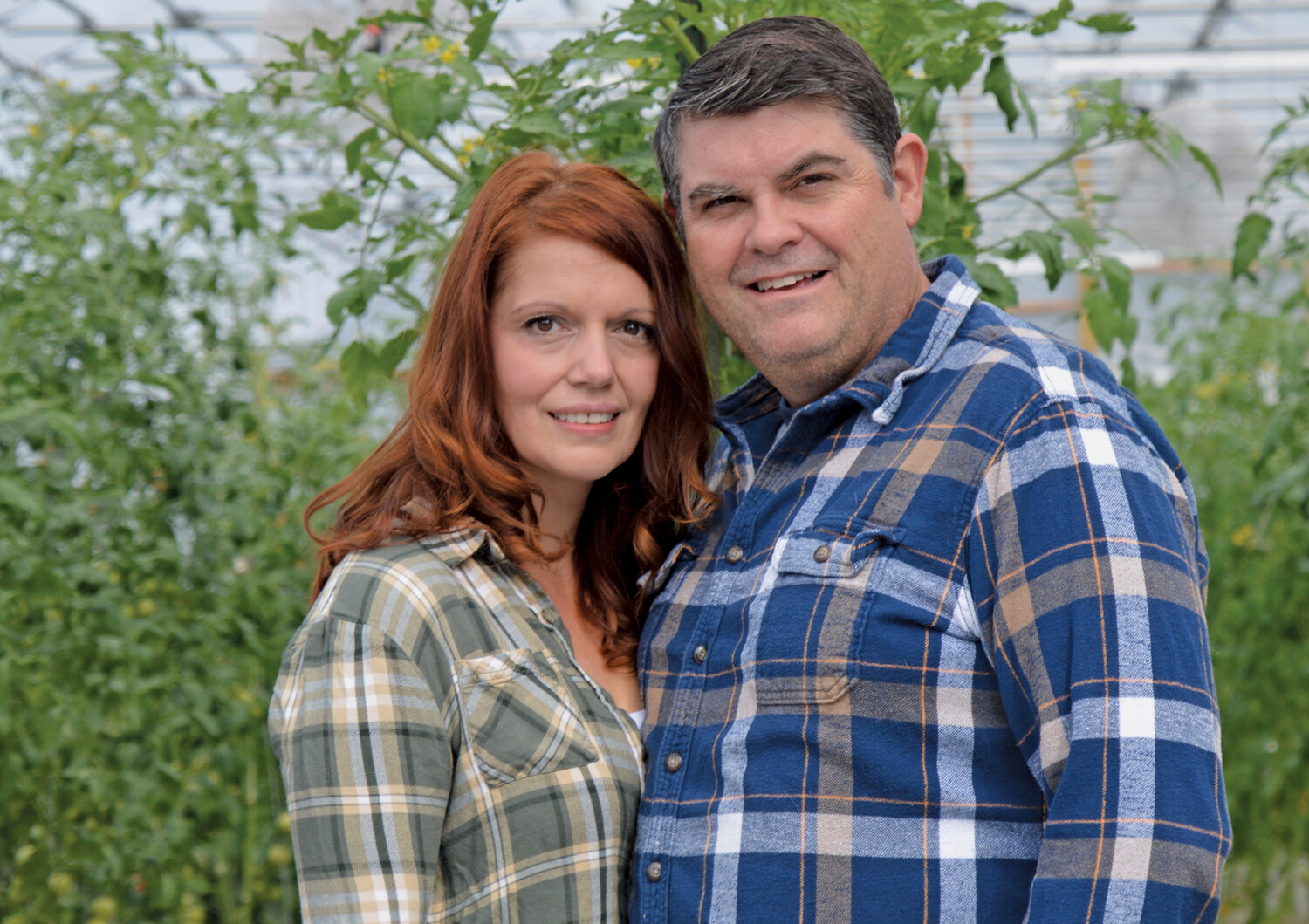Tristan Kruse (’22) knew he wanted to join the Peace Corps after he graduated, but when the global service organization conducted a volunteer evacuation because of the COVID-19 pandemic in March 2020, his plan became uncertain.
Kruse, an Economics major with a concentration in Environmental and Natural Resources, had participated in JMU’s Peace Corps Prep Program and served as the university’s Peace Corps Ambassador during his senior year. Although he felt prepared to serve, he still had doubts about when Peace Corps operations would resume. “The pandemic has definitely presented its challenges,” Kruse said.
Despite the unusual times, Kruse made the most of his Madison Experience. In addition to his campus involvement with the Peace Corps, he was a member of the JMU GIVE club, Environmental Management Club and Food for Thought club. These organizations played an important part in his Peace Corps journey.
In 2022, the Peace Corps resumed service. Kruse’s assignment began in July. He is more than 7,000 miles away, serving as a business development advisor in the Kayunga District in Central Uganda.
“I have never traveled much and have always wanted to see the world. The Peace Corps gives a unique experience in the sense that you can see a place for what it really is,” Kruse said. “You truly get to learn a new culture and get a deep understanding of your new home.”
Kruse didn’t know what to expect in Uganda, but he was pleasantly surprised by the welcoming nature of the locals.
“People always want to talk to you, know what you think of the country, where you’re from,” he said. “It’s also amazing to me how strangers will fend for you and feel a need to protect you.”
Kruse completed an intensive pre-service training that included learning Luganda, the language widely spoken in the central region of Uganda. On a typical day, he conducts needs assessments for community groups and helps establish and improve Village Savings and Loan Associations in the community.
At times, Kruse’s volunteer work can be demanding and frustrating. Resilience is a requirement.
“You have to keep pushing through the obstacles, as well as be flexible in the methods you use to approach your problems,” Kruse said. “Working in a new culture and country means adapting your perspective and having to find creative ways to change your viewpoint.”
The Peace Corps has many restrictions in place to keep communities and volunteers safe. For Uganda specifically, there are cultural and social incentives to avoid contracting COVID-19.
“There’s the personal task of just feeling out how your community feels about COVID-19, how they were affected by the pandemic and what role I play in the situation,” Kruse said.
JMU is among the Peace Corps’ top volunteer-producing schools. Kruse urges aspiring volunteers to connect with a recruiter, start the application process early, and become involved with the university and Harrisonburg communities.
Kruse will continue serving in Uganda until October 2024. He hopes to attend graduate school and travel once his assignment ends.
“What I learned inside and outside the classroom at JMU prepared me for my role as volunteer,” Kruse said. “Without JMU, I would have never joined the Peace Corps.”
